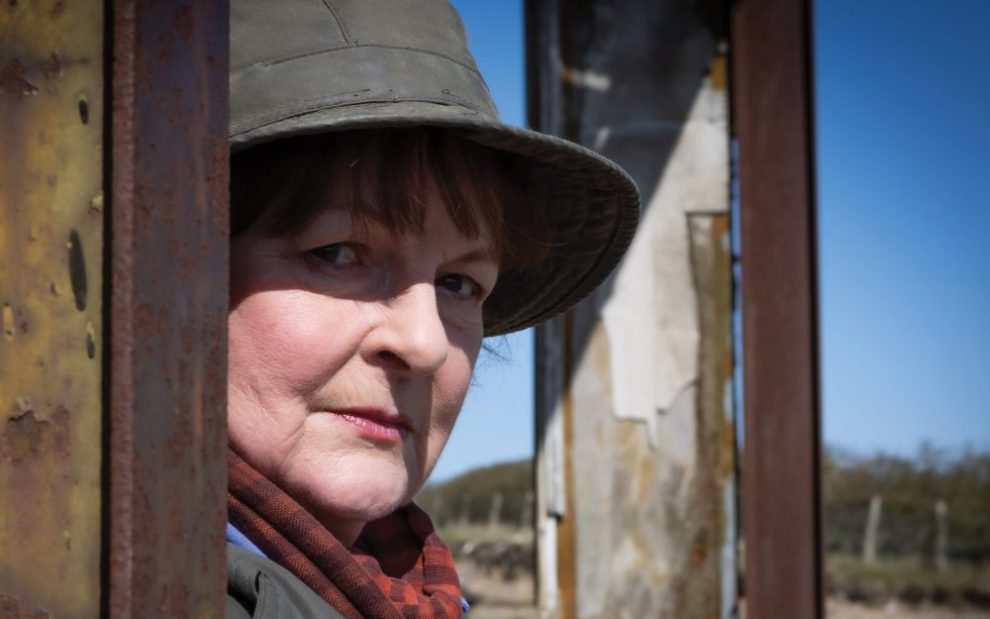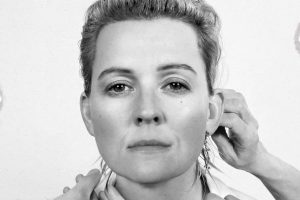Sadly, the final season of Vera is just over the Northumberland horizon.
In 2025, the beloved BBC police drama will air its last and 14th series. The show is remarkable not only for that decade-and-a-half-long run but for what its lead character, Chief Inspector Vera Stanhope, decidedly is not.
She is not sexy, stylish, or any of those things television typically requires of female cops.
She’s also not sweet or charming or even very nice, generally.
She is not young. Vera is meant to be near retirement; the brilliant Brenda Blethyn who plays her is an unapologetic 79. Vera is not maternal, though she’s given to calling murderers “pet” and “luv” in that I’m-onto-you way in which Sister Emerita let us second-graders know we were in real trouble.
She is not dashing, like Sherlock. She is not conflicted and pining, like Inspector Morse. Yet like both those intelligent lads, Vera is consummately competent and is all about the job. She does it very, very well.
She is tenacious and fierce. She brooks no nonsense. She is personally offended by every injustice, and if she has anything to say about it, there won’t be many of those on her watch.
The clucking sounds of workplace affection come only from men—her younger male colleagues who kvetch from time to time that she should eat something nutritious, go see a doctor, repair her aging Land Rover, or take better care of herself. Vera is having none of it.
When she barks commands and insults at her Number Two—Joe Ashworth (David Leon) or Aiden Healy (Kenny Doughty), depending on the season—along with the long-suffering Kenny Lockhart (Jon Morrison), who occupies an ill-defined but ever-present position on her team, they share glances and roll their eyes at her crankiness like teenage sons. She’s irascible and constantly critical of their work. She steals sandwiches and coffee meant for them and can’t remember the names of their children and wives. They do not find anything about her adorable—yet they would take a bullet for her, surely, and follow her straight into battle if she yelled “Charge!”
She lives and works in Northumberland, which borders Scotland and the North Sea, so there’s good use for the shapeless, drab macintosh and bucket-shaped hat she wears to most crime scenes. Curiously, Vera augments this ensemble with a strip of tired-looking scarf that sags around her neck as if she just spotted it lying under the bed and thought it might make a jaunty accessory. It doesn’t.
Her dilapidated farmhouse, inherited from her also-a-police-officer father, is a mess of dingy, grey clutter. If there’s milk in the fridge, it’s gone bad. If a colleague stops in for a cuppa after a big case, there’s nothing to feed him. It’s not that she’s inept. It’s that she’s consumed by each case and can think of little else.
Vera is a British village mystery, which means the plot inches along at the speed of an earthworm, allowing plenty of time to enjoy the stunning Northumberland seascapes, figure out whodunnit, and try to translate that burring accent and Geordie slang into American English. (Tip: Bog does not always mean a swampy bit of countryside; bonny, toon, and bairn you can probably suss out for yourself.)
Blethyn delivers Vera’s humanity and compassion without syrup or drippiness. She is a dogged and staunch public conscience, obsessed by the work and unafraid of its cost. She adheres to few social norms and does not try to please superiors (or anyone at all), yet Blethyn doesn’t let Vera become brittle or harsh. There is always, somehow, empathy and connection to the victims, their families, and her colleagues, though sometimes it takes a lot of looking to find it. She’s outraged at crimes, discerning about liars, and wise to the ways people work. There’s something particularly satisfying in watching Vera relentlessly unpeel the layers of human behavior until she gets to the truth—and justice.
The photography is moody and evocative, showing us isolated stone cottages, village pubs, soggy moors, and crashing waves on cliff-lined shores. Most everything—including Vera’s mac and hat—seems to be some sodden shade of olive or brown. And there’s a great deal of mud and muck.
Just the sort of surroundings in which Vera’s creator, award-winning writer Ann Cleeves, specializes. Along with her series of novels about Vera’s crime-solving, her books include the Detective Jimmy Perez stories on which the TV series Shetland is based and Inspector Ramsay’s adventures, also a television series.
Cleeves has described Vera as looking like a bag lady, inspired by the women who took on homefront responsibilities during the second world war while the men were off at war—women who chose careers over marriage and families. And, Cleeves has admitted, when she invented Vera she had tired of television’s tall, skinny, blonde female detectives wearing heels.
Vera carries the gravitas of a woman in the prime of her intellect, doing exactly what she’s best suited to do—and none of her success has anything to do with charm.
The final season features only two episodes. We miss the scones and the tea already. Vera will take a whisky.
This article also appears in the September 2024 issue of U.S. Catholic (Vol. 89, No. 9, pages 36-37). Click here to subscribe to the magazine.
Image: itv














Add comment